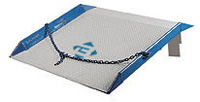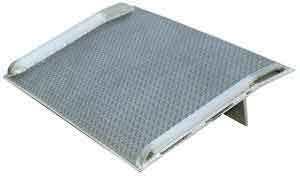Wheel Risers
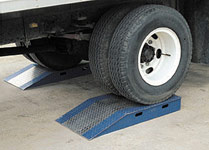 What are wheel risers?
What are wheel risers?Wheel risers are special ramps that fit underneath the wheels of smaller trucks. Many smaller vehicles, such city bobtails, can be as low as 47”—approximately 3”-5” lower than the standard dock height. Wheel risers have to be placed under these trucks in order to make them higher than the docks. This is because it is much safer to drive a forklift up a ramp, and loading ramps themselves are more stable when the sloping portion of the ramp remains in the dock and the break over fits in the truck. Otherwise, the dockboard has to be reversed, with the sloping side of the board going into the back of the truck. This is both unsafe and in many cases impractical, because if the truck is full there will not be enough room for the board to go into the trailer bed.
How does a wheel riser work?
It basically lifts up the back of the truck so that its trailer bed is now higher than the edge of the dock, allowing it to be loaded like an over the road truck. If you have a 50 inch high dock and a 47 inch high bobtail, 5” wheel risers will make the bobtail 2” higher than the dock, allowing you to use your dockboard or dock plate as intended just as you would when loading a larger vehicle.
When do you need a wheel riser then?
During the course of the day, loading dock crews are driving fork trucks up the dockboard at an average of 2” into an over the road trailer. If on occasions a smaller truck pulls up and you have to reverse your dockboard, this can be done safely if you are very careful. However, if throughout the day you are CONSISTENTLY having to go down from the dock to the truck, you really need steel wheel risers to elevate the truck high enough to create an incline equivalent to that of an over the road truck.
This will then allow you to keep the long side of the board inside the building and position the ramp as it is meant to work. We have many sizes of wheel risers available to accommodate your application. Manufactured in both steel and aluminum, they come in a variety of sizes and capacities that start at 30,000 lbs. We sell units as high as 12” in height that you can order from your material handling specialist, and widths range from 18” to 24” across to provide a stable, sturdy support for truck tires.
What all does Easy Rack sell other than loading dock equipment?
Easy Rack has a wide variety of new & used pallet racks, material handling equipment, commercial lighting, used pallet racks, and modular buildings installed nationwide. If you can not find what you are looking for call us toll free at 1-888-776-3720 and we will find it for you.
Our home office is located in Houston, Texas with regional distribution centers located in all 50 States including New York NY, Los Angeles CA, Miami, FL. Chicago, IL. Denver CO., Dallas TX, San Antonio, TX, Austin, TX, Boise ID, Atlanta GA, Albuquerque NM, Raleigh-Durham NC, Washington DC, Albuquerque NM, Huntsville AL, Fayetteville AR, Norfolk VA & Madison WI.
Labels: Commecial Loading Dock Supply Company, Dock Risers, Dockboards Commercial, Industrial Loading Dock Ramps, Wheel Ramps, Wheel Risers
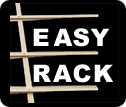


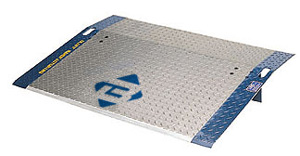
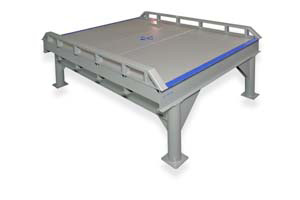 Exactly what are portable docks?
Exactly what are portable docks?